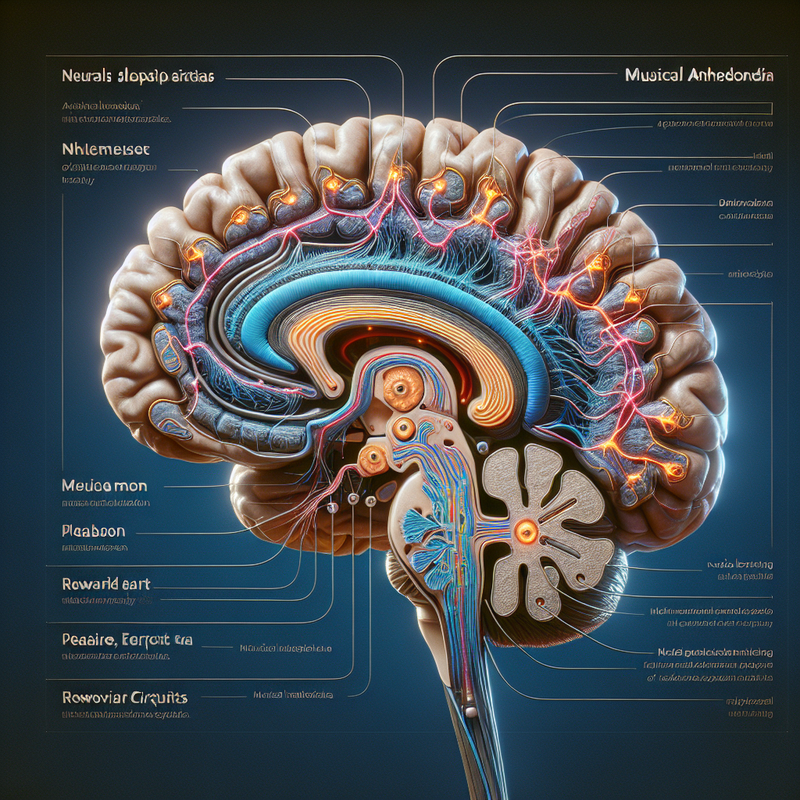Understanding Specific Musical Anhedonia
Scientists at the University of Barcelona have delved into the reasons behind why a minority of people experience no delight in listening to music, a phenomenon recognized as “specific musical anhedonia.” These individuals, although they have intact hearing and can find pleasure in different kinds of stimuli, exhibit a lack of synergy between the neural pathways that process sounds and those that handle reward signals, as revealed by research reported in the journal Trends in Cognitive Sciences.
Connection to Specific Food Anhedonia
The research team posited that the absence of enjoyment from music could be comparable to specific food anhedonia, where there is a potential disconnect in the links between the neural areas related to food enjoyment and those associated with the brain’s pleasure mechanisms, as pointed out by Josep Marco-Pallarés, a neuroscientist from the University of Barcelona.
The Barcelona Music Reward Questionnaire
The Catalan researchers devised the Barcelona Music Reward Questionnaire (BMRQ) to pinpoint individuals with this select type of anhedonia, who typically register low scores in five aspects: music’s capability to induce emotions, manage mood, cultivate social bonds, motivate movement, and introduce something new. Functional magnetic resonance imaging (fMRI) scans indicated that these individuals have a functional auditory network but exhibit diminished activity in the brain’s reward areas when they listen to music. Yet, such regions are otherwise responsive to different satisfying events, including monetary gains.
Implications for Understanding Responses to Reward
Marco-Pallarés noted, “This particular indifference to music stems from a lack of communication between the reward circuit and the auditory pathway, and not from an issue with the reward circuit itself.”
The implications of their study stretch beyond musical preferences, providing insights that could advance our comprehension of how people respond to diverse types of rewards and further research into disorders tied to reward processing, such as addiction or eating disorders. Additionally, recent twin study findings highlight the influence of genetics on our music appreciation, with genes potentially accounting for more than half of our capacity to enjoy music.
Marco-Pallarés expressed a plan to apply their research methods to the investigation of other forms of rewards, which may uncover different specific anhedonias.
Future Studies and the Genetic Role
The Barcelona investigators are coordinating efforts with geneticists to pinpoint precise genes that might have an impact on specific musical anhedonia and are seeking to determine if this trait is stable over time or modifiable. This line of inquiry suggests that our understanding of anhedonias could expand to encompass other reward-based experiences..




